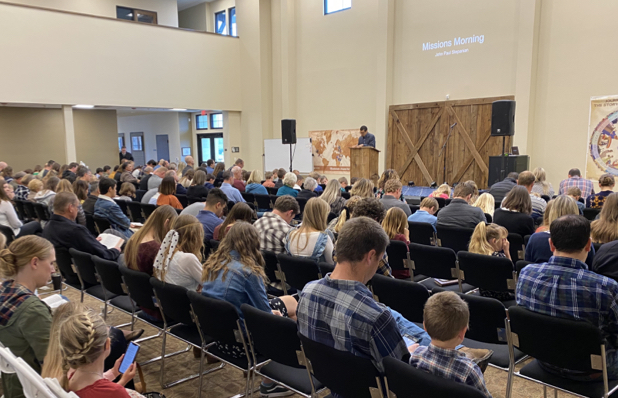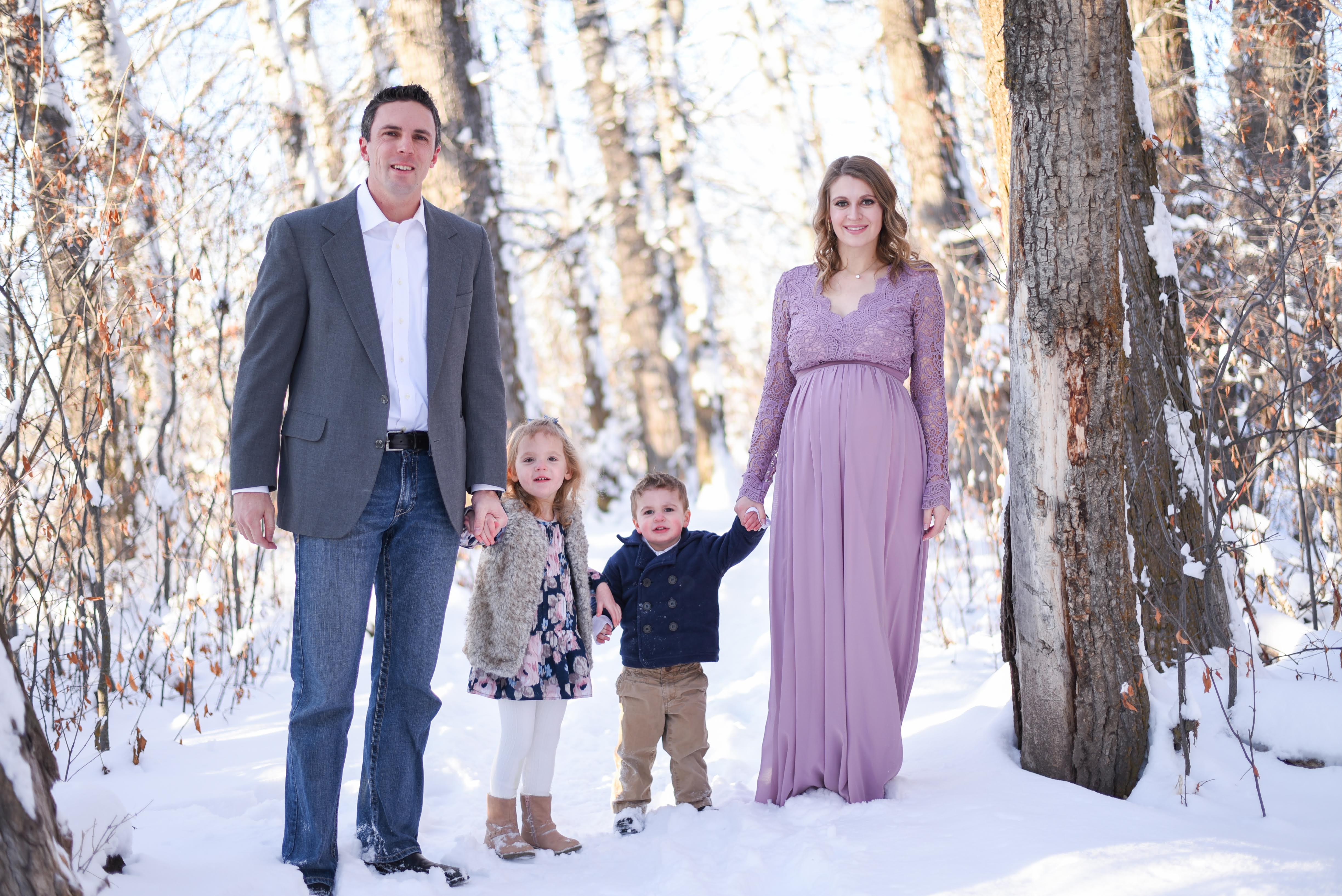In light of a certain prominent celebration at the end of October, I thought it would be fitting to hear from the man often credited for beginning the Protestant Reformation. Oh, you thought I meant a different, more ghoulish celebration? October 31st marked the 495th anniversary of Martin Luther pounding his 95 Theses onto the door of the Castle Church in Wittenburg, Germany. Though this act is often considered the beginning of the Reformation, God had been preparing and moving towards the Reformation for several hundred years before Luther. However, Luther and his bold teaching most clearly, dramatically, and notably influenced the reformation of the Roman Catholic Church.





